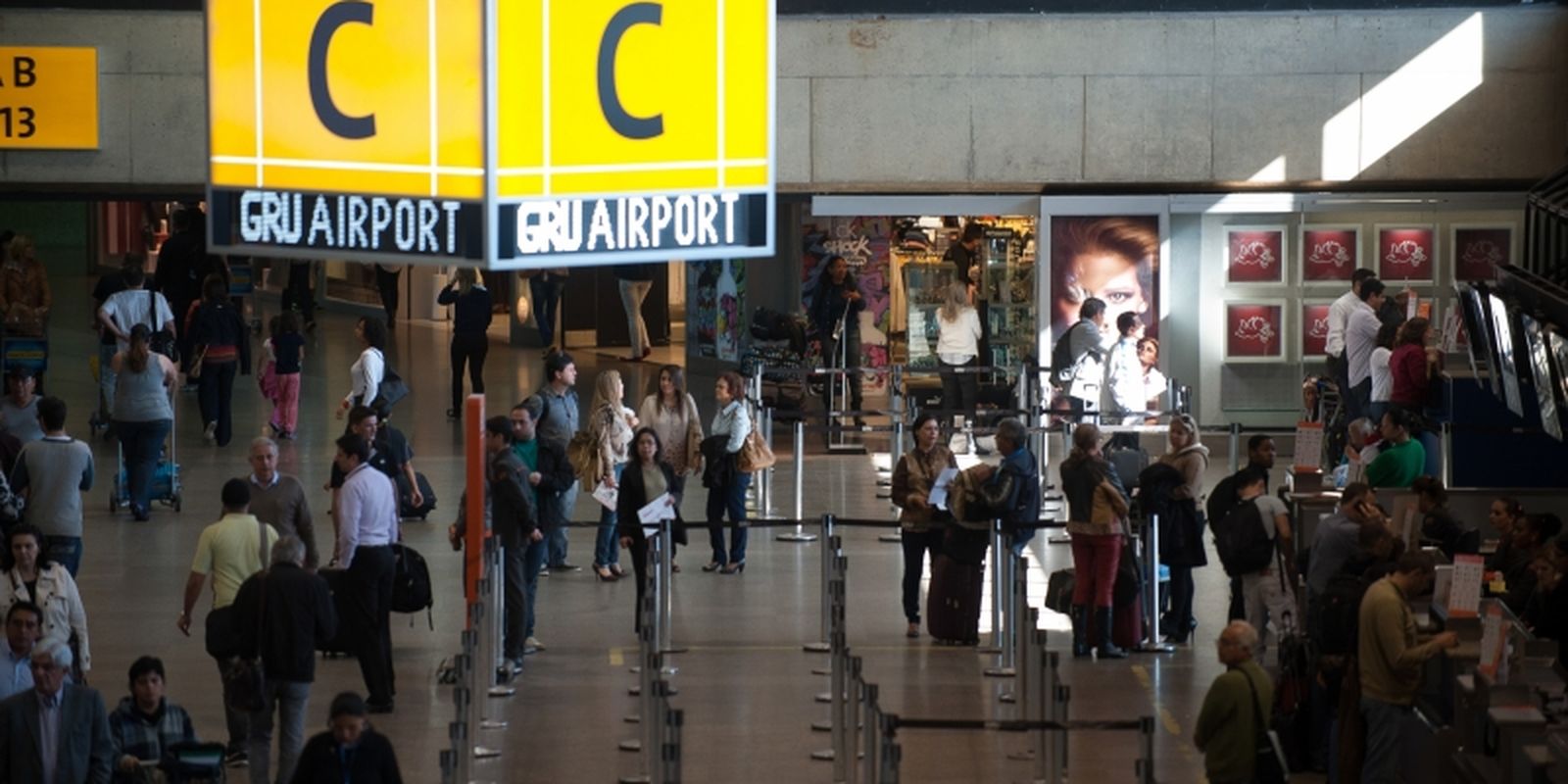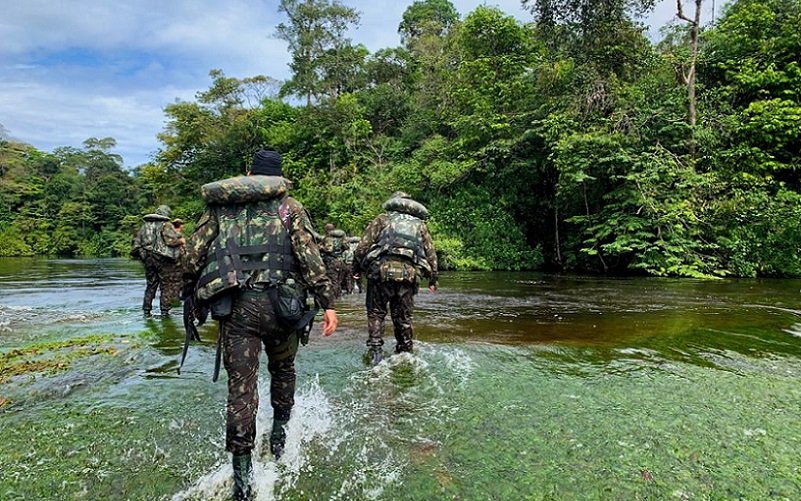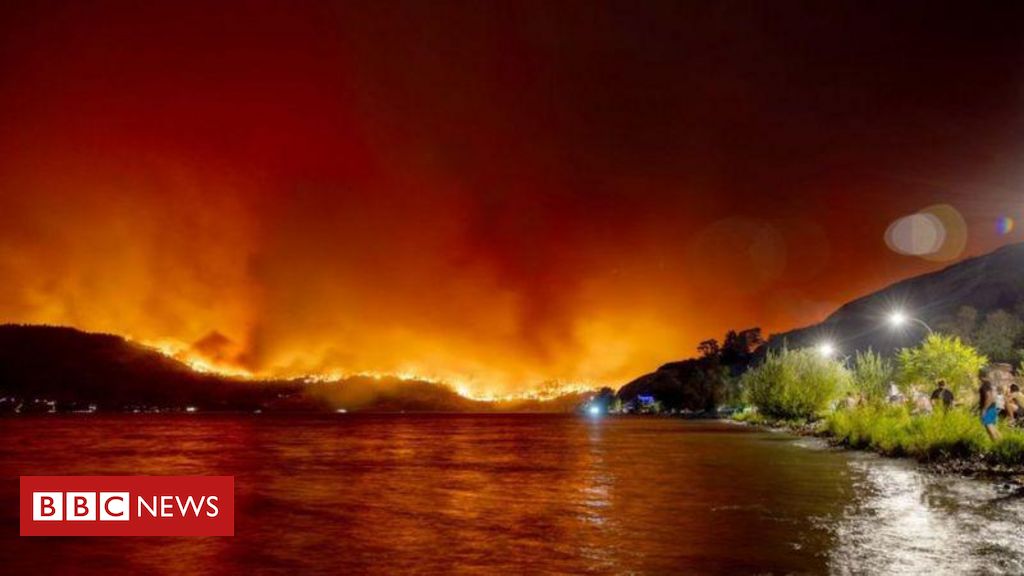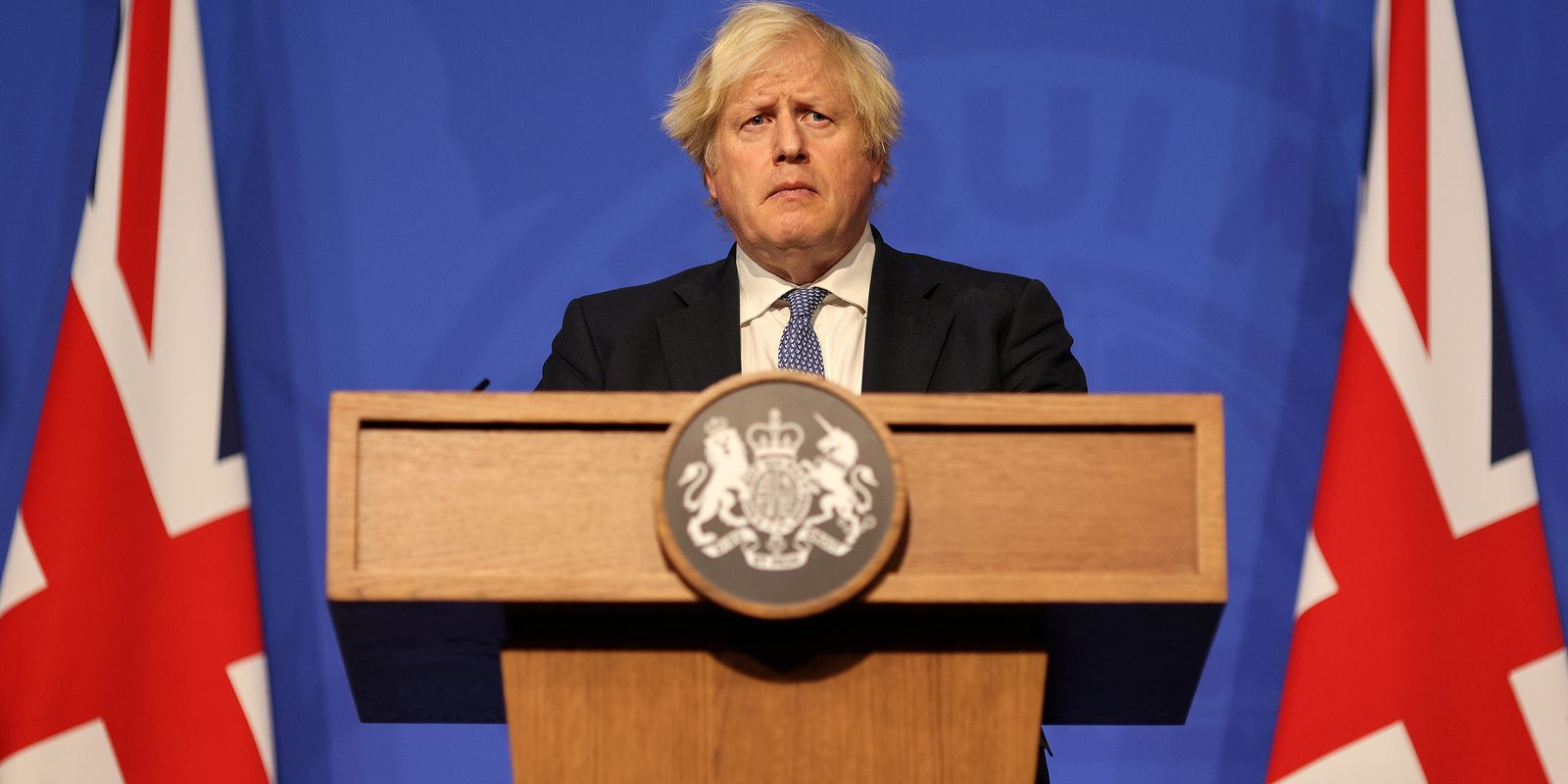German Chancellor Olaf Scholz defended on Wednesday that “it may make sense” to extend the life of the last three nuclear power plants in operation in Germany, which is partially depriving itself of Russian gas and fears an energy crisis.
These centers “are only relevant for power generation and only for a small part”, but “may still make sense”said the German Chancellor.
Germany had decided to phase out nuclear power by the end of this year, but the shortage of Russian gas supplies to the European country has brought back the question of keeping the last plants in operation longer.
Berlin must decide in the coming weeks on a possible extension of the operation of these nuclear power plants.
Once the results of the “stress test” are known, “it will be possible to draw conclusions”, said Olaf Scholz, in Mülheim an der Ruhr (western Germany), where he is visiting Siemens Energy, which has repaired a gas turbine to equip a Russian pipeline.
During the visit, Olaf Scholz accused Russia of being responsible for blocking the delivery of the turbine, without which the Nord Stream 1 gas pipeline – which supplies gas to Europe – cannot, according to Moscow, function normally.
“There is no reason to stop the delivery” of the turbine, the Chancellor said, after Russia reduced the volume of its gas deliveries, arguing that it needed the turbine.
Moscow only has to “provide the necessary customs information for its transport to Russia”, argued Scholz.
The question of extending the use of nuclear power plants divides the government coalition, with the Greens showing skepticism, the Social Democratic Party of Olaf Scholz adopting a more reserved position and the liberals of the FDP advocating the maintenance of this type of power.
The continuity of the operation of nuclear power plants is also defended by the conservative Union CDU-CSU, in opposition.
The opening of the door to the maintenance of nuclear exploitation in Germany was explained by Scholz by the fact that the development of renewable energies, which should replace nuclear and coal, has been slower than expected.
The three nuclear power plants still in operation – in Bavaria, Lower Saxony and Baden-Württemberg – currently supply 6% of the electricity consumed in Germany.
Russia reduced the volume of its gas to Europe in June and July, arguing that the pipeline could not operate normally without a turbine being repaired in Canada and ensuring that the turbine had not yet returned to Moscow in because of Western sanctions after the Russian attack on Ukraine.
Germany and Canada have agreed to bring the equipment back to Russia, but the turbine has yet to reach its final destination.
For Berlin, Russia is just using “a pretext” to justify what is “a political decision”, in order to put pressure on the West in the context of the war in Ukraine.
However, according to Scholz, Moscow sends a “complicated message” to the whole world by questioning its will to “keep its commitments” in the future.

“Freelance communicator. Hardcore web practitioner. Entrepreneur. Total student. Beer ninja.”







